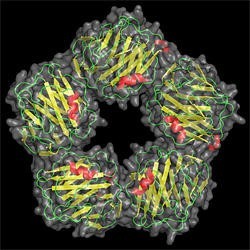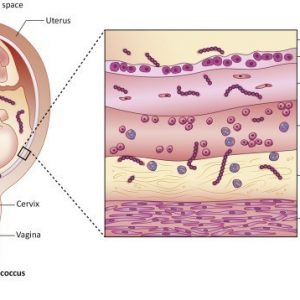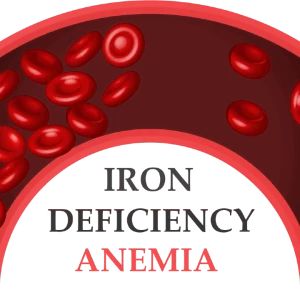
Hepatitis A was formally called infectious and was very common earlier. The virus was transmitted due to poor hygienic conditions. The infection is caused by a virus called hepatitis A virus or HAV First isolated in 1979, humans are the only natural hosts for this virus
The virus enters the body through the mouth or the oral route by intake of contaminated food or water. It then multiplies in the liver and after 10-12 days it gets excreted in the faeces. In case of poor hygiene, the food or water may be contaminated by the faecal matter and hence the infection spreads by eating or drinking this contaminated food.
After an incubation period of approximately 28 days, the patient presents with the symptoms. The symptoms may range from mild to severe. The patient presents with fever, malaise, anorexia, nausea, abdominal discomfort, dark urine, and jaundice. The illness is self-limiting and does not last longer than 2 months in most cases. In children under 6 years, the symptoms may be very mild and undetectable. However, in adults and older children, the symptoms are usually more severe
Complications of hepatitis A infection are rare, however sometimes atypical complications such as neurologic, hematologic, pancreatic, and renal extra hepatic manifestations may occur.
Serologic tests in the laboratory are required to confirm the diagnosis of HAV. IgM antibodies to HAV are detected after the first week of illness and may persist till about 6 months. This type of antibody is then replaced by IgG antibody that gives lifelong immunity to the patient.
PCR may also be done to detect the virus but is not used in routine clinical practice






